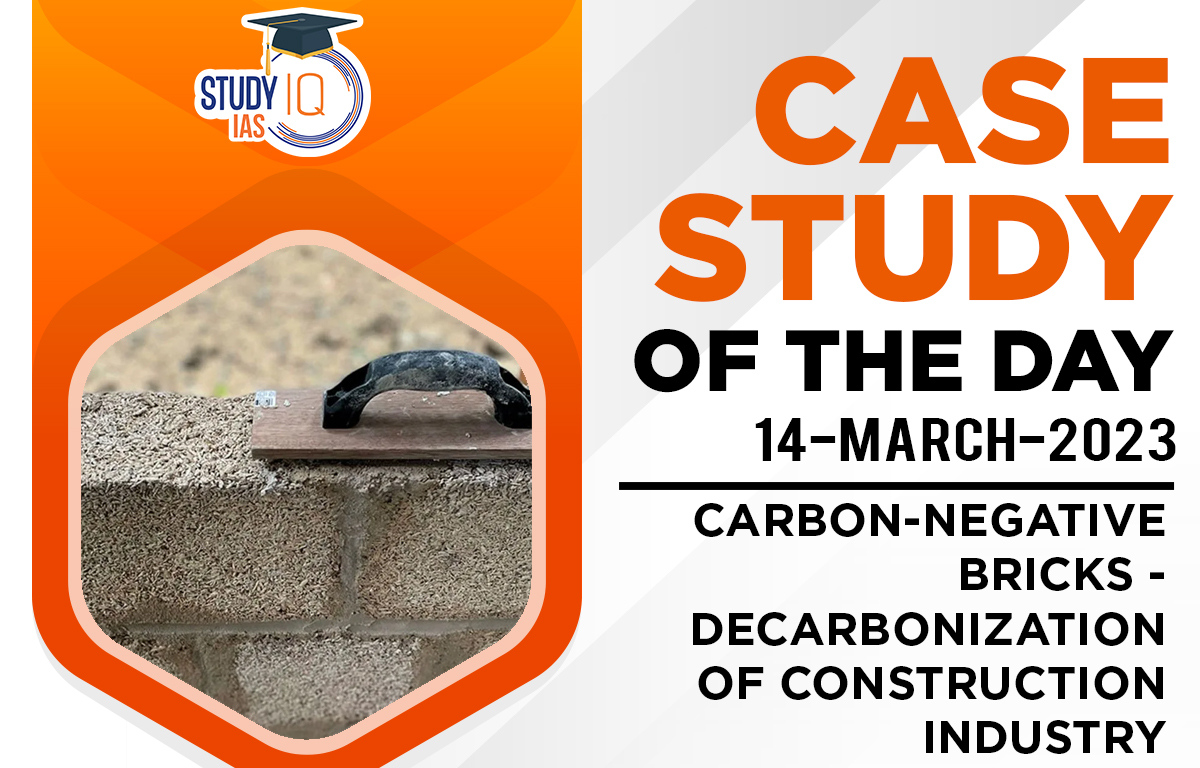Context: A Visakhapatnam-based construction firm has manufactured a carbon-negative building brick called Agrocrete, from crop residues and industrial by-products.
About Carbon Negative Bricks
- Manufacture: The Agrocrete Blocks are carbon negative as they are made of crop residues and industrial by-products, and can be molded into various forms and shapes such as blocks, tiles, decorative, plaster etc.
- Potential benefits: Agrocrete can potentially replace conventional bricks and lower the construction cost by up to 50% and operational costs by 30%.
- On an estimate, with annual production of 900 million cubic meters of Agrocrete, around 100 million tonnes of Carbon Dioxide can be captured to prevent 350 million tonnes of CO2 emissions.
- Conclusion: Such measures by private innovators become essential, to support the Government’s ‘Carbon Emission’ targets and work towards achieving ‘SDG 13’ to mitigate the impacts of Climate Change.


 CGPSC Prelims Answer Key 2026: Download ...
CGPSC Prelims Answer Key 2026: Download ...
 CGPSC Question Paper 2026 – Download C...
CGPSC Question Paper 2026 – Download C...
 Graphic Processing Units (GPUs) – Work...
Graphic Processing Units (GPUs) – Work...




















